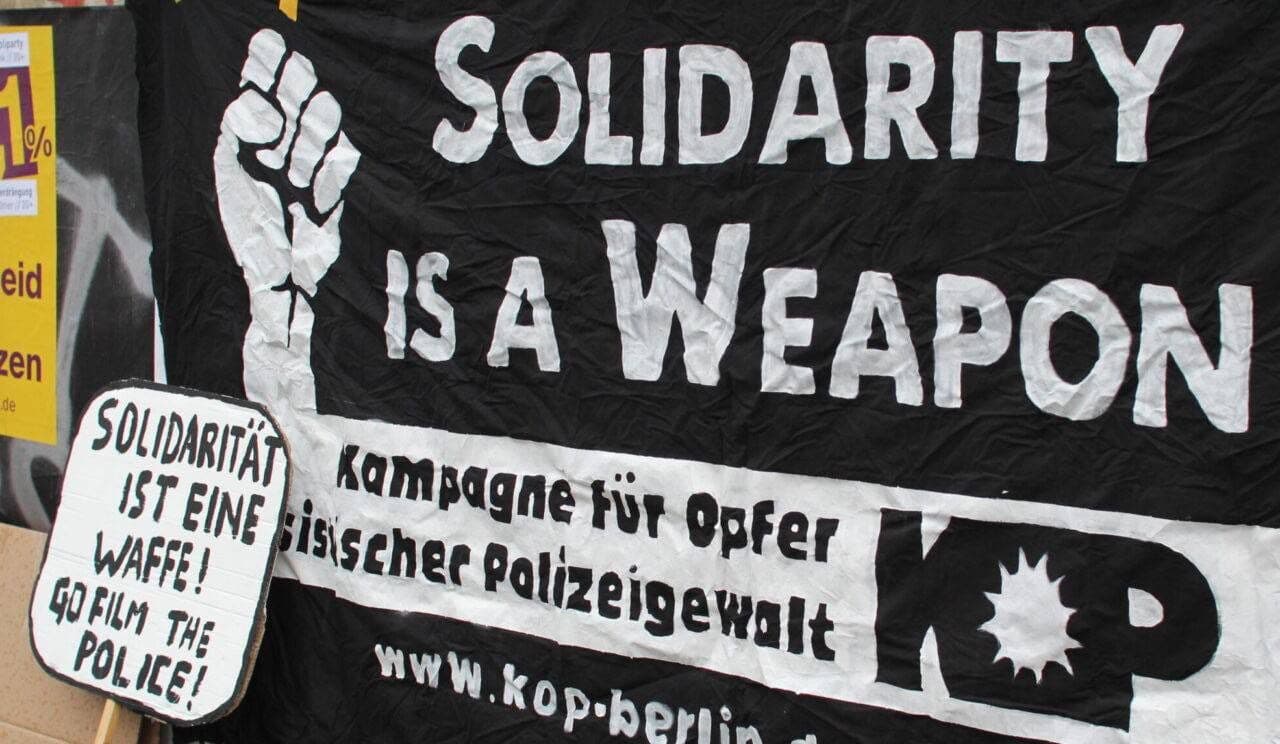Case 16
| Case Number | 16 |
| Charge | Other Offenses |
| Defense Attorney Present | Yes |
| Interpreter Present | No |
| Racialized Person | Yes |
| Outcome | Fine |
A young man is sentenced to insult for statements during a police control. The court does not take into account the man’s apology or experience of the control as discriminatory. He is threatened with a harsher sentence and so accepts the high fine he had appealed.
In her book Crook County, the US sociologist Nicole Van Cleve describes criminal court proceedings as racial degradation ceremonies: “In the court, officials can perform ceremonial charades that create the semblance of fairness while hiding racial abuse with bureaucratization, the courtroom record, and a lack of oversight and accountability. What results is a type of state-sanctioned racial violence, where white professionals can govern and deliberate on the morality of blacks and Latinos, enact punishment on them, and do so under the guise of crime control.” While in Germany, different racialized groups may be more commonly affected, we saw some of the same dynamics unfold in this case.
The trial felt like a performance, a ritualistic punishment and humiliation of this racialized man, in part because he’d dared to raise the fact that he’d found his police control discriminatory. The judge’s solicitation of the police witnesses’ opinion on how the accused could make amends was an act of humiliation and shows whose side the court was on. The police witnesses appeared happy to reassert their power in response, demanding the defendant publicly declare they were right. The judge concluded the racial degradation ceremony with probing personal questions that did not affect the outcome.
The accused man, who works as a mechanic, arrives at the hearing in his work uniform. As the prosecutor reads the charges, we get one account of what happened on the day in question. The man was controlled by two police officers who pressed charges against him for insult for statements he made during the control. He received a summary proceeding order (Strafbefehl) sentencing him to a fine of more than €2,000, which he appealed.
As he is questioned, the accused provides his version of events. He explains that he felt confused by what happened when the police controlled him, and discriminated against. The police did not explain why he had to provide identification so he had refused to do so. The man says that, in response, the police asked his girlfriend what she wanted from “such a loser”. He perceived this comment as inappropriate and responded with what was later deemed a criminal insult.
The judge does not ask any follow-up questions and informs the man that if he continues to pursue his appeal of the summary proceedings, he will likely end up with a harsher sentence, since the judge says he deems the two police witnesses in this case credible.
Defense counsel follows the judge’s lead and revokes his client’s appeal of the summary proceedings, asking only to contest the amount of the fine and not the charges themselves. The court calls the police witnesses into the courtroom and asks them if they have any ideas for how the accused could make amends (and therefore receive a lower fine). One of the police witnesses asks for a public apology, to which the judge responds with a shrug, and gestures to the defendant to respond. He apologizes. The judge asks the police witnesses to confirm they accept the apology.
Then, the judge asks detailed questions about whether the accused uses drugs and alcohol, family relationships (including his specific relationships to his siblings), and his hobbies. Information about his financial situation is also solicited. None of this makes any difference. The man’s sentence remains the same, at a fine of over €2,000.


